Coronavirus: which of the UK’s famous institutions face financial ruin?
World-renowned universities and historic football clubs among those threatened
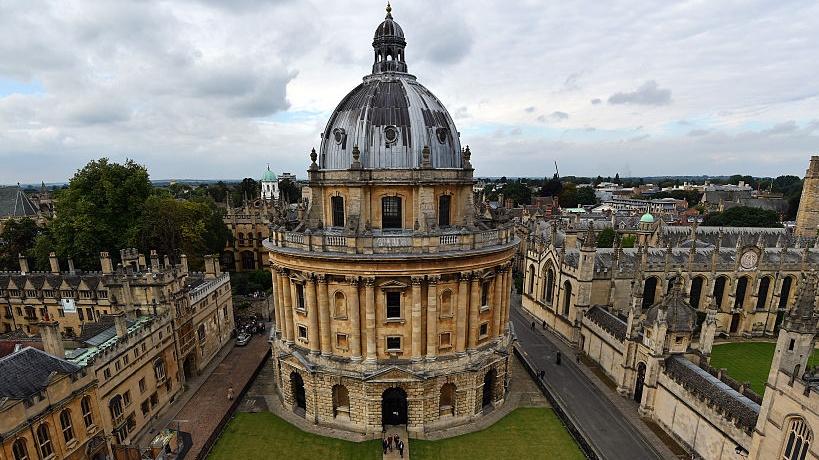
A free daily email with the biggest news stories of the day – and the best features from TheWeek.com
You are now subscribed
Your newsletter sign-up was successful
The coronavirus outbreak has had a devastating impact on the UK’s economy, wellbeing and some of its most famous institutions.
Accompanying the airlines and high-street retailers facing permanent closure are historic football clubs, world-leading universities and celebrated centres of local culture.
Universities
The Week
Escape your echo chamber. Get the facts behind the news, plus analysis from multiple perspectives.

Sign up for The Week's Free Newsletters
From our morning news briefing to a weekly Good News Newsletter, get the best of The Week delivered directly to your inbox.
From our morning news briefing to a weekly Good News Newsletter, get the best of The Week delivered directly to your inbox.
Universities were forced to close their doors in April, and many may not reopen for the rest of the year.
Further education institutions will also be hit by a £2.6 billion shortfall over the next academic year because of the coronavirus outbreak, according to an analysis by London Economics for the University and College Union.
The report estimates that there will be a 47% fall in lucrative international student enrolment in the next academic year, costing the sector £1.5 billion, The Times Higher Education says.
Almost three-quarters of UK institutions will be left in a “critical financial position where income only just covers expenditure”, but all institutions will be hit in some way.
A free daily email with the biggest news stories of the day – and the best features from TheWeek.com
The University of Cambridge, one of the country’s leading universities, announced in May that it would be suspending all physical lectures for the entire 2020-21 academic year, with the only face-to-face teaching planned to happen on a 1:1 or small group basis, reports the BBC.
Football clubs
English football chiefs and MPs have warned that clubs are facing a massive cash hole as a result of the pandemic, and many could be forced to fold. MP Damian Collins, formerly chair of the Digital, Culture, Media and Sport committee, said that the government must help support lower league clubs, or see them collapse.
“In the next few weeks, we could see five to 10 EFL League clubs going into administration,” Collins told Sky Sports News in late May. “We saw the outcry last summer when two clubs, Bury and Bolton, were in trouble. If that happens there will be huge public demand to do something.
“Without the government stepping in, those clubs could go to the wall and there maybe others that follow.”
Despite some football restarting this month, there is a possibility that fans will not be allowed to attend matches until next year - starving clubs of, what is for many, their main income source, says the BBC.
“I can't see clubs offering contracts in that period,” said Alex Rodman, midfielder at League One side Bristol Rovers. He told BBC Radio 5 Live: “A lot [of the 1,400 players] could be lost to the game, which would be a massive shame.
“It’s a horrible situation for them to be in - to think that they need to go and possibly find another job that they maybe haven't known for the last six, eight or 10 years just to support their families - but it is unprecedented times and I'm sure there's many other people in the country who are in the same position.”
Theatres
Coronavirus has threatened the entire theatre industry, closing down everything from local amateur dramatics clubs to big West End productions.
British theatre is “on the brink of total collapse”, writes Sonia Friedman, the producer behind West End hits such as The Book of Mormon and Harry Potter and the Cursed Child, in The Telegraph.
“Without an urgent government rescue package, 70% of our performing arts companies will be out of business before the end of this year,” she wrote.
“More than 1,000 theatres around the country will be insolvent and might shut down for good.”
Even the biggest productions and theatres are not safe. London’s Globe theatre called for the government to step up with urgent funding “to shore up our cultural landscape” in May, warning it may otherwise face financial ruin.
The story of the Globe is particularly stark, says The Guardian. Despite its international success, attracting more than a million visitors annually, it may be forced to close without support.
“Despite being well-managed, well governed, and – crucially – able to operate without public subsidy, we will not be able to survive this crisis,” the Globe evidence states. That would be “a tragedy for the arts, for the legacy of England’s most famous writer, but also for the country, if our iconic site on Bankside stands empty”.
“We are a model for the non-subsidised arts sector… but in the face of a crisis such as this one, there is no mechanism to help us. This has been financially devastating and could even be terminal.”
–––––––––––––––––––––––––––––––For a round-up of the most important stories from around the world - and a concise, refreshing and balanced take on the week’s news agenda - try The Week magazine. Start your trial subscription today –––––––––––––––––––––––––––––––
Cinemas
Like theatres, cinemas have suffered from the lockdown, and are expected to be among the last public spaces to open in July - though drive-in cinemas can open from next week.
Cineworld - the second-largest cinema operator in the world - has said it has found the pandemic “extremely challenging”, and smaller competitors have had a far rougher time, says ITV News.
A survey by the UK’s Independent Cinema Office found almost 40% of employers had made or expected to make redundancies, says the broadcaster.
The popular Tyneside Cinema in Newcastle is one independent cinema that is relying on donations to stay open.
CEO Holli Keeble told the BFI that “the current situation has left us exposed…when our doors closed in March, our income simply stopped, but many of our running costs haven’t”.
-
 Political cartoons for February 21
Political cartoons for February 21Cartoons Saturday’s political cartoons include consequences, secrets, and more
-
 Crisis in Cuba: a ‘golden opportunity’ for Washington?
Crisis in Cuba: a ‘golden opportunity’ for Washington?Talking Point The Trump administration is applying the pressure, and with Latin America swinging to the right, Havana is becoming more ‘politically isolated’
-
 5 thoroughly redacted cartoons about Pam Bondi protecting predators
5 thoroughly redacted cartoons about Pam Bondi protecting predatorsCartoons Artists take on the real victim, types of protection, and more
-
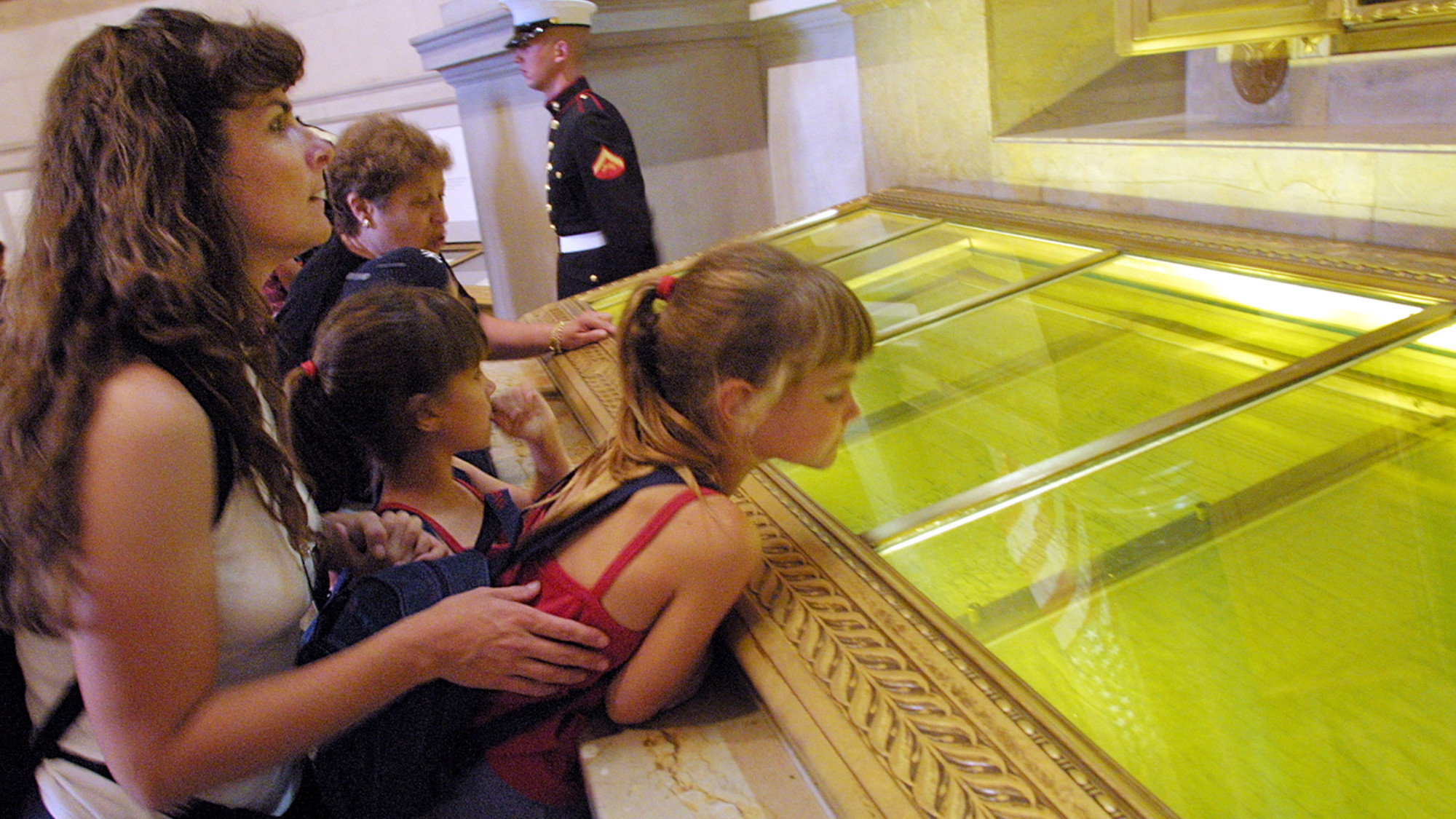 Book reviews: ‘We the People: A History of the U.S. Constitution’ and ‘Will There Ever Be Another You’
Book reviews: ‘We the People: A History of the U.S. Constitution’ and ‘Will There Ever Be Another You’Feature The many attempts to amend the U.S. Constitution and Patricia Lockwood’s struggle with long Covid
-
 Why Irish traditional music is having a moment
Why Irish traditional music is having a momentIn The Spotlight Frustrations with isolation and technology credited for reviving 'auld' trad tunes
-
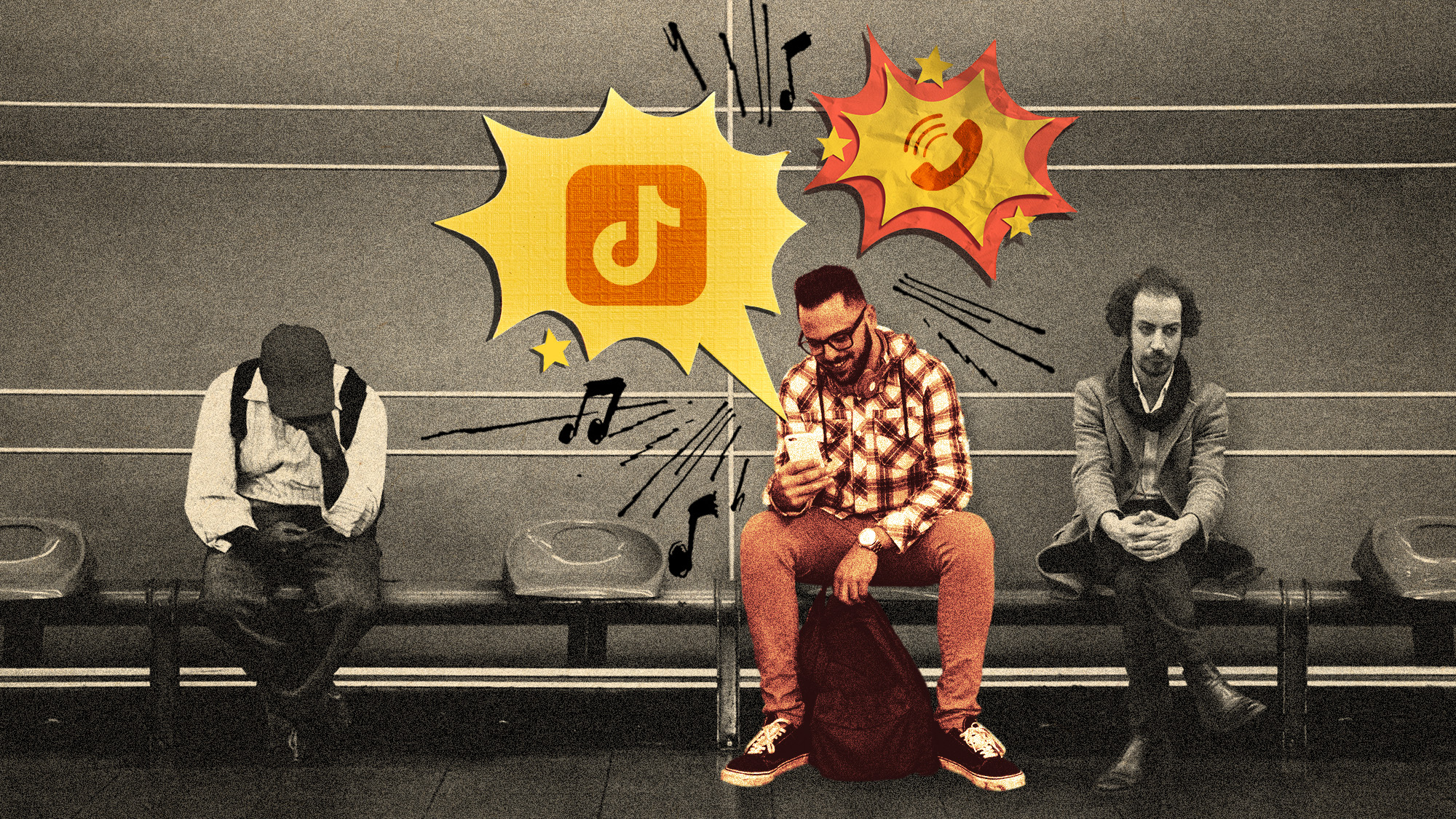 A not-so-quiet place: Why is no one using headphones in public anymore?
A not-so-quiet place: Why is no one using headphones in public anymore?Under the Radar People are increasingly comfortable with both speakerphone and watching videos (very) out loud
-
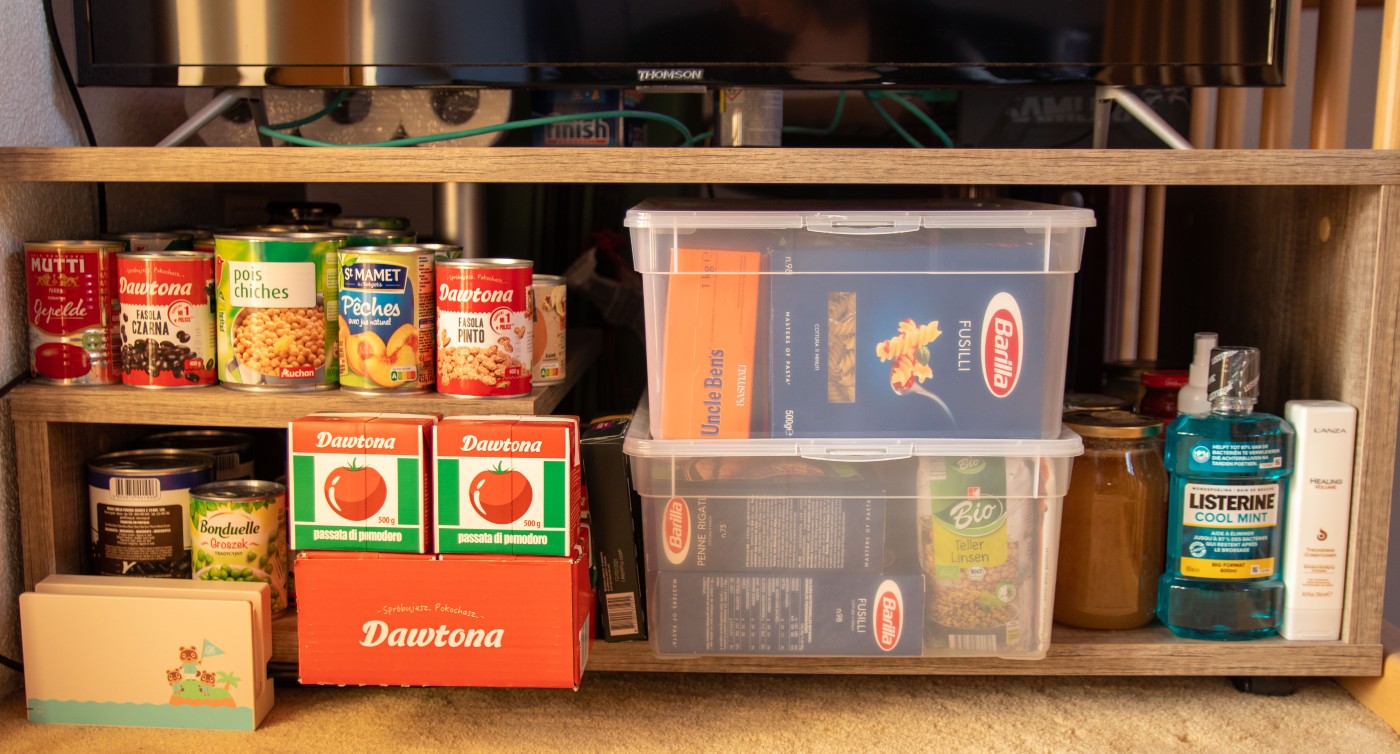 Gas masks and loo rolls: why 'preppers' are on the rise
Gas masks and loo rolls: why 'preppers' are on the riseUnder The Radar Doomsday community has expanded from 'Rambo wannabes' to 'Tesco regulars'
-
 Breathtaking: the Covid drama that may make you scream
Breathtaking: the Covid drama that may make you screamThe Week Recommends ITV three-parter is a 'tour de force' that exposes 'political complacency'
-
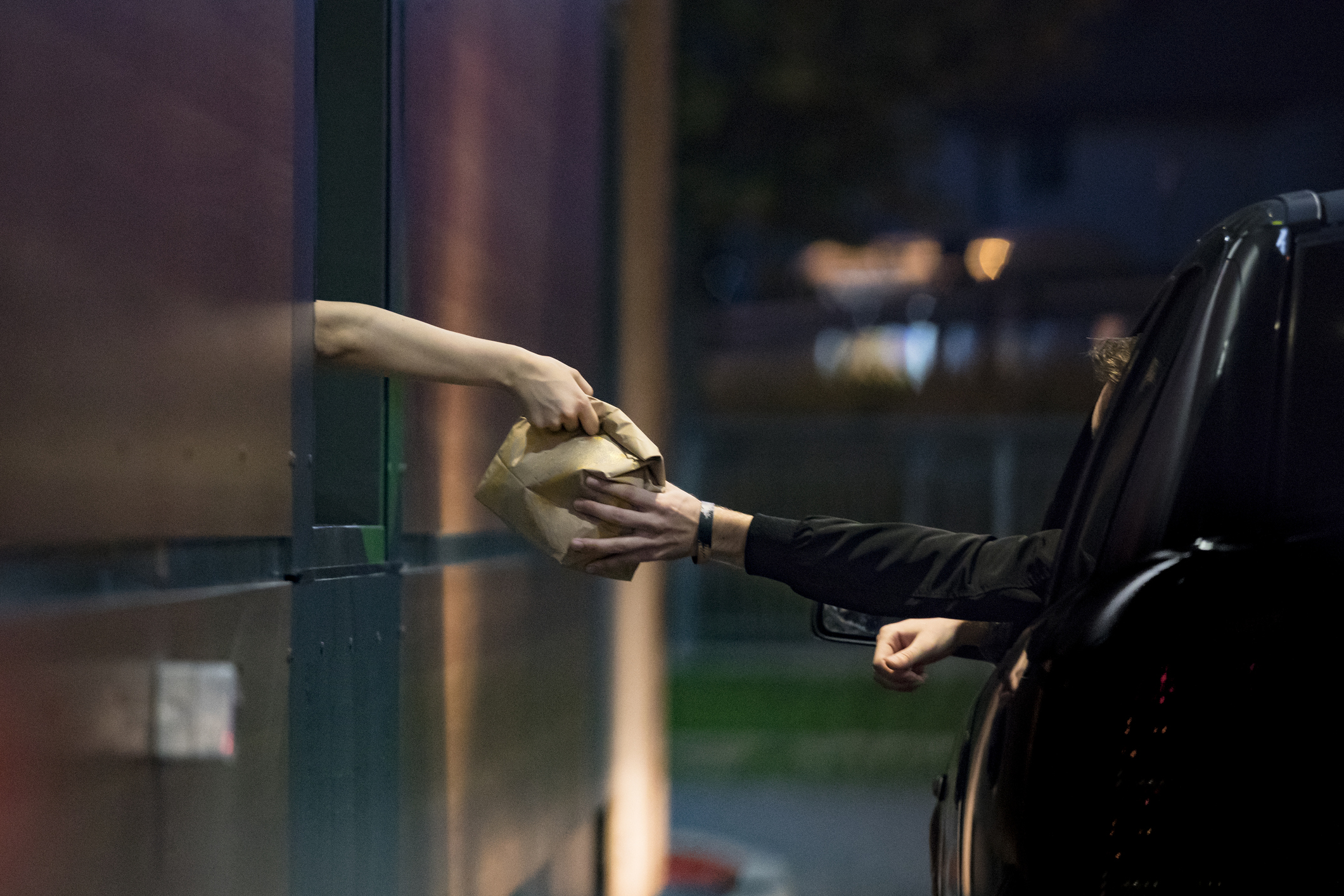 The lasting changes of the post-pandemic dining era
The lasting changes of the post-pandemic dining eraThe Explainer The newest of new normals
-
 How revenge travel is impacting the aviation and tourism industries
How revenge travel is impacting the aviation and tourism industriesTalking Point The surge in travel is a far cry from the previous pandemic years during which travel took a hit
-
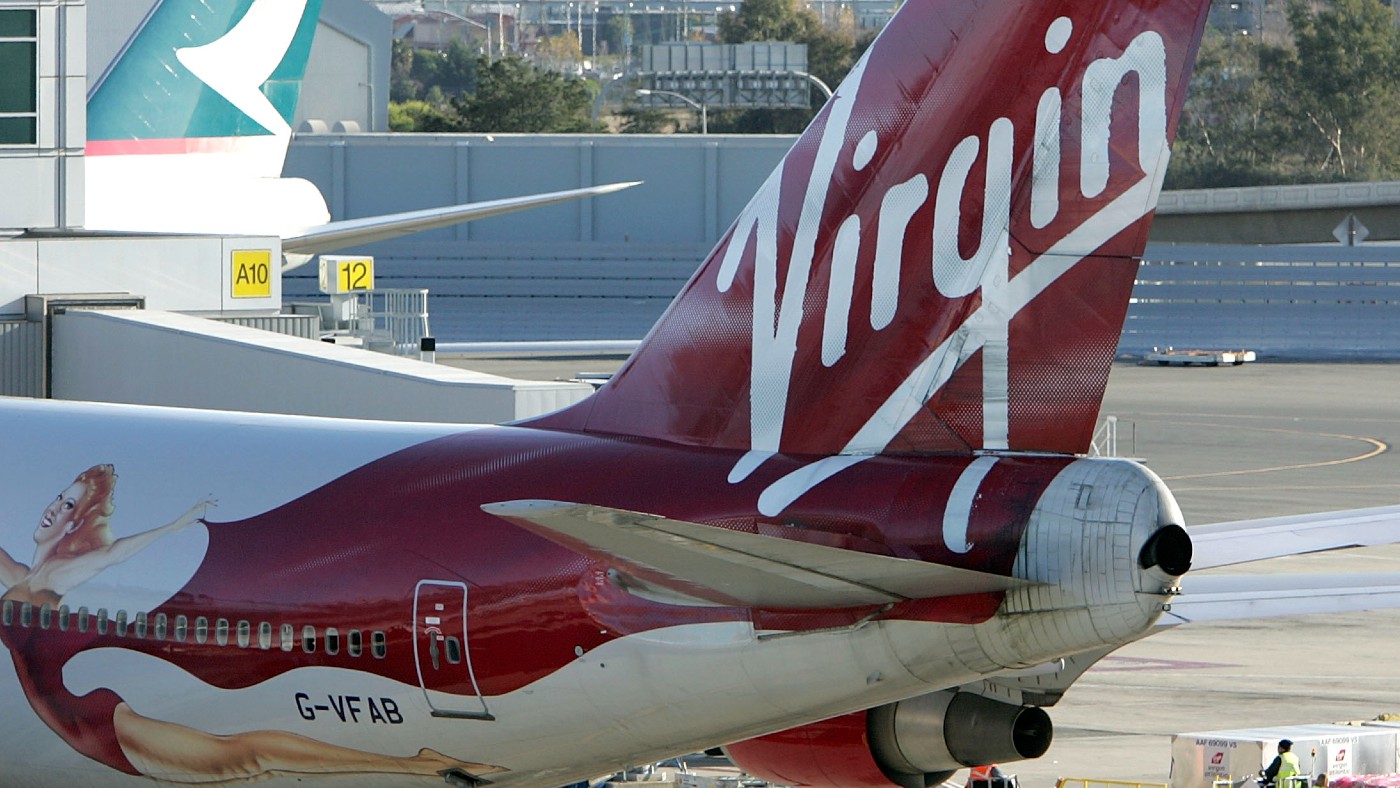 Virgin Atlantic fined for violating Iraqi airspace
Virgin Atlantic fined for violating Iraqi airspaceSpeed Read Airline said the incursions were accidental and caused by the Covid-19 pandemic